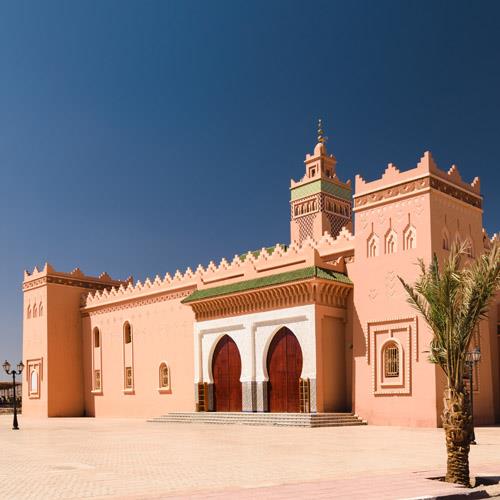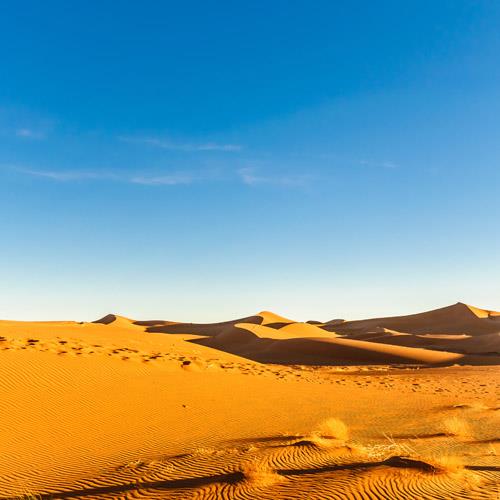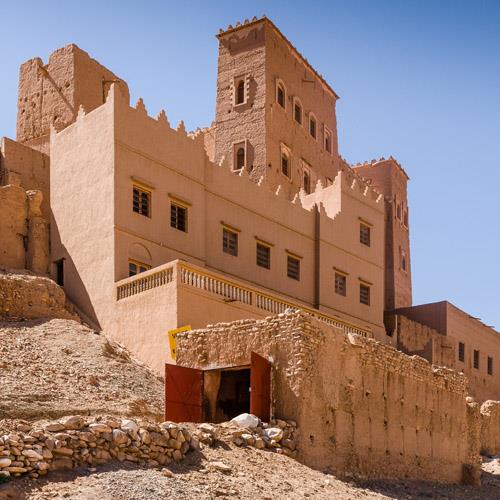EXPERIENCE ZAGORA

Overview
Zagora, a city steeped in history, lies at the edge of the Sahara Desert and serves as a portal to ancient caravan routes. Known to the Berbers as "Tazagort", referencing the twin peaks of Mount Zagora and the historic Almohad hillside fortress, the city has been a significant settlement since at least the eleventh century. Today, Zagora is famous not only for its deep historical roots but also for its vibrant gateway to the desert adventures that await in the nearby Erg Chigaga dunes.

History and Culture
Zagora's history is rich with stories of the Saadi dynasty's expeditions to Timbuktu, which commenced from this very city. A sign stating "Timbuktu - 52 Days" famously marks the start of this formidable camel journey, capturing the imagination of visitors with tales of ancient travel and commerce. As a crucial stop on the "Salt Trail", Zagora was a bustling hub where caravans laden with dates, silver, gold, and salt passed through, enriching the sultans and fostering a unique cultural blend that persists to this day.

Weather
Zagora experiences a desert climate with extremely hot summers (regularly over 105 degrees F) and mild winters (65-70 degrees F during the day and 40s at night). Temperatures in summer can soar, making early mornings and late afternoons the best times for outdoor activities. Winter offers more temperate conditions, ideal for exploring the desert landscape and historical sites comfortably.

In and Around Zagora
Within an hour’s drive from Zagora, the Saharan sand dunes of Erg Chigaga offer a dramatic landscape ideal for camel rides and overnight desert camping excursions. The city itself hosts a variety of historical sites, including the remains of the Almohad fortress and Mount Zagora, which provide panoramic views of the surrounding desert. Closer to the city, the Draa Valley, known for its lush palm groves and ancient kasbahs, offers a stark contrast to the desert and also a glimpse into the agricultural practices that have sustained local communities for centuries.

Activities
In Zagora, visitors can immerse themselves in the desert lifestyle with activities ranging from camel trekking to exploring ancient routes once traveled by merchant caravans. Zagora’s role in the historic salt trade and its significance in Moroccan history are often highlighted on tours to this area. For the adventurous, quad biking and sandboarding in the dunes provide a thrilling way to experience the vastness of the Sahara.

Food & Drink
The cuisine in Zagora features dishes with locally grown dates and almonds, and traditional Moroccan spices that reflect the region’s trading heritage. Tagines and couscous served with locally sourced vegetables (such as leeks and chili peppers) and meats are staples, while the regional specialty of Berber pizza offers a unique culinary experience. Mint tea is a popular drink, served throughout the day.